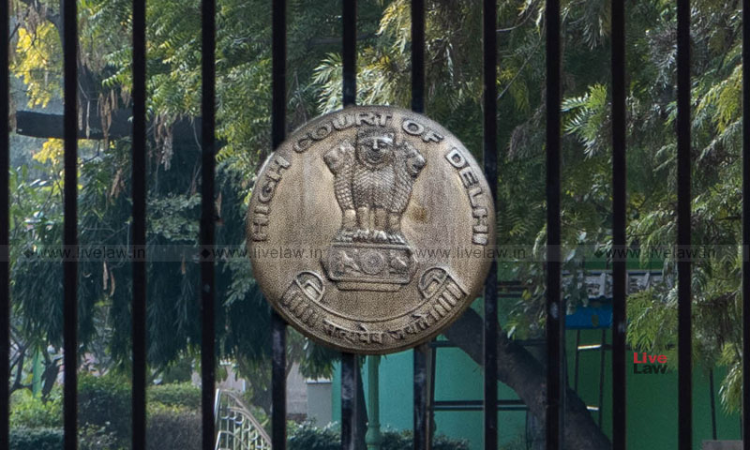Encroachment Of Public Land In The Garb Of A Place For Worship Ought To Be Discouraged, Says Delhi High Court
Shreya Agarwal
22 Dec 2020 2:16 PM IST

Next Story
22 Dec 2020 2:16 PM IST
Dismissing a suit filed by a temple manager seeking permanent injunction against the Delhi Development Authority (DDA) from forcefully dispossessing him from 4 temple properties built on public land, a Single Judge bench of Justice Prathiba M. Singh observed, that a trend could be seen of public land being "sought to be encroached upon under the shelter of a place of worship. As is seen in...
